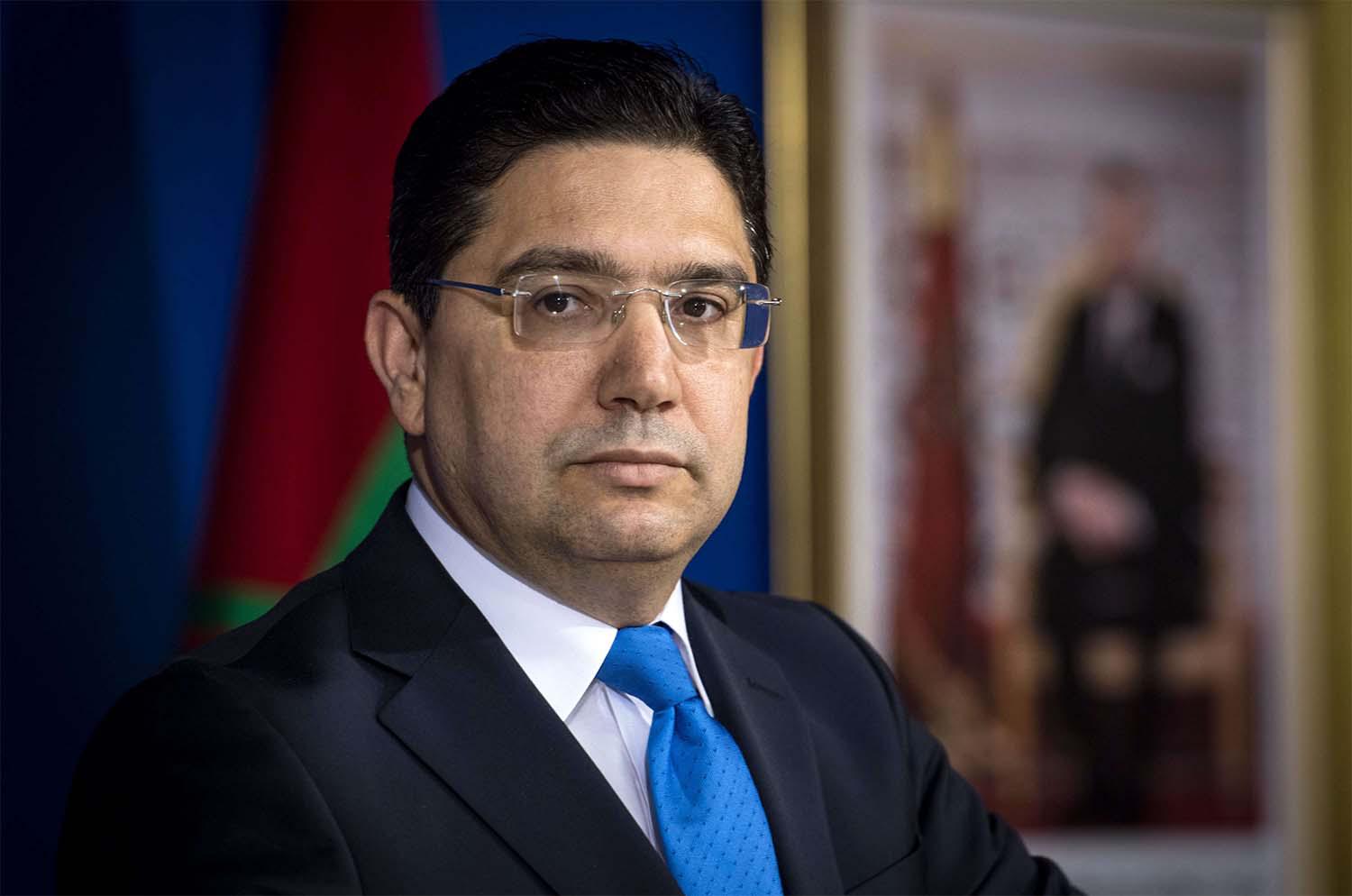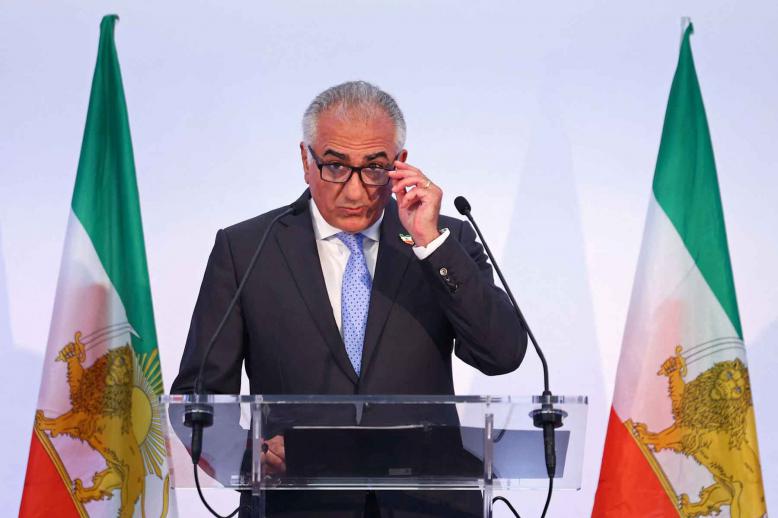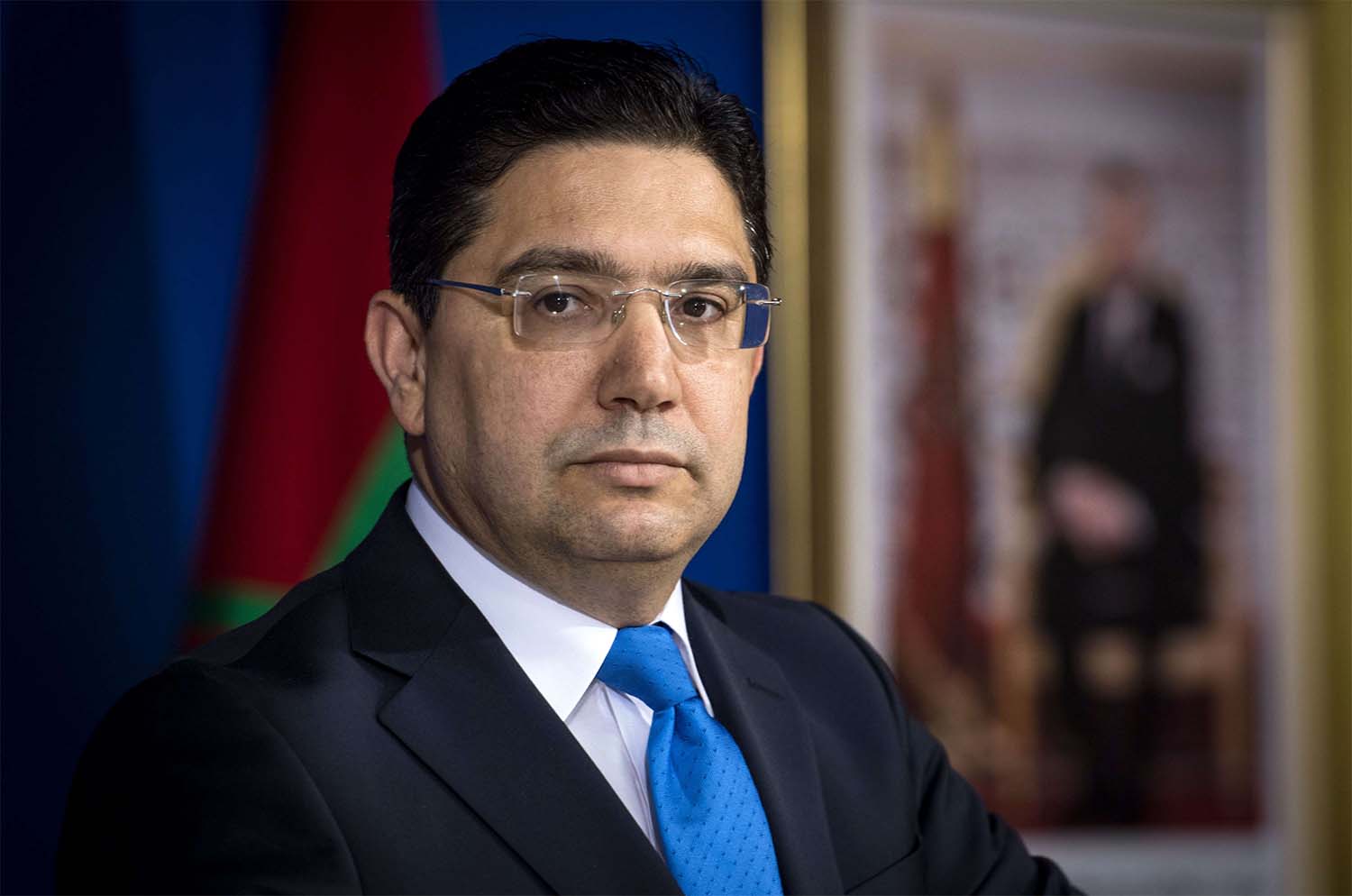Morocco seeks to get rid of EU’s bargaining logic in fishing deal
RABAT - A Moroccan parliamentary report said Monday that Foreign Minister Nasser Bourita spoke in a meeting with lawmakers about the need for the North African kingdom to get rid of the “logic of bargaining” adopted by the European Union regarding the fishing agreement.
A new fishing agreement between Morocco and the EU entered into force on July 6, 2019, after it was signed in Brussels early that year.
The report, which was distributed on Monday to lawmakers, stated that Morocco “should get rid of the bargaining logic that Europe pursues from time to time.”
Bourita stressed that, while presenting his ministry's draft budget for 2022, “any future agreement should be within the framework of respecting Moroccan sovereignty as a premise for any agreement, as indicated by His Majesty King Mohammed VI in his last speech.”
On November 6, King Mohammed VI insisted that Morocco will not engage with those who display unclear positions about its territorial integrity in any economic or commercial approach that would exclude the Moroccan Sahara.
“To those who display vague or ambivalent positions, we declare that Morocco will not engage with them in any economic or commercial approach that would exclude the Moroccan Sahara,” said the monarch in in a speech to the nation to mark the 46th anniversary of the Green March.
Bourita called for the need to find other alternatives to new agreements that respect Moroccan sovereignty.
On September 29, the European Court of Justice annulled EU-Morocco agriculture and fishing trade deals, saying that they were agreed to without the consent of the people of Western Sahara.
The decision follows complaints submitted by the Algeria-backed separatist Polisario Front against the two agreements, which include the coasts and products of the Sahara region, which has been disputed for decades between Rabat and the Polisario.
Morocco proposes expanded autonomy in the Sahara region under its sovereignty, while the Polisario calls for a referendum for self-determination, a proposal supported by Algeria, which hosts refugees from the region.
The EU is Morocco’s largest trade partner and leading foreign investor.
Morocco has recently achieved important diplomatic victories in the Sahara file after the United States last year recognised Rabat’s sovereignty over its Sahara, and more than 20 nations have opened consulates in the territory.
But Rabat entered into diplomatic crisis with Madrid after Spain received last April Polisario leader Ibrahim Ghali for treatment on what it said “humanitarian ground” with a forged identity, exacerbating a diplomatic crisis with Morocco.







